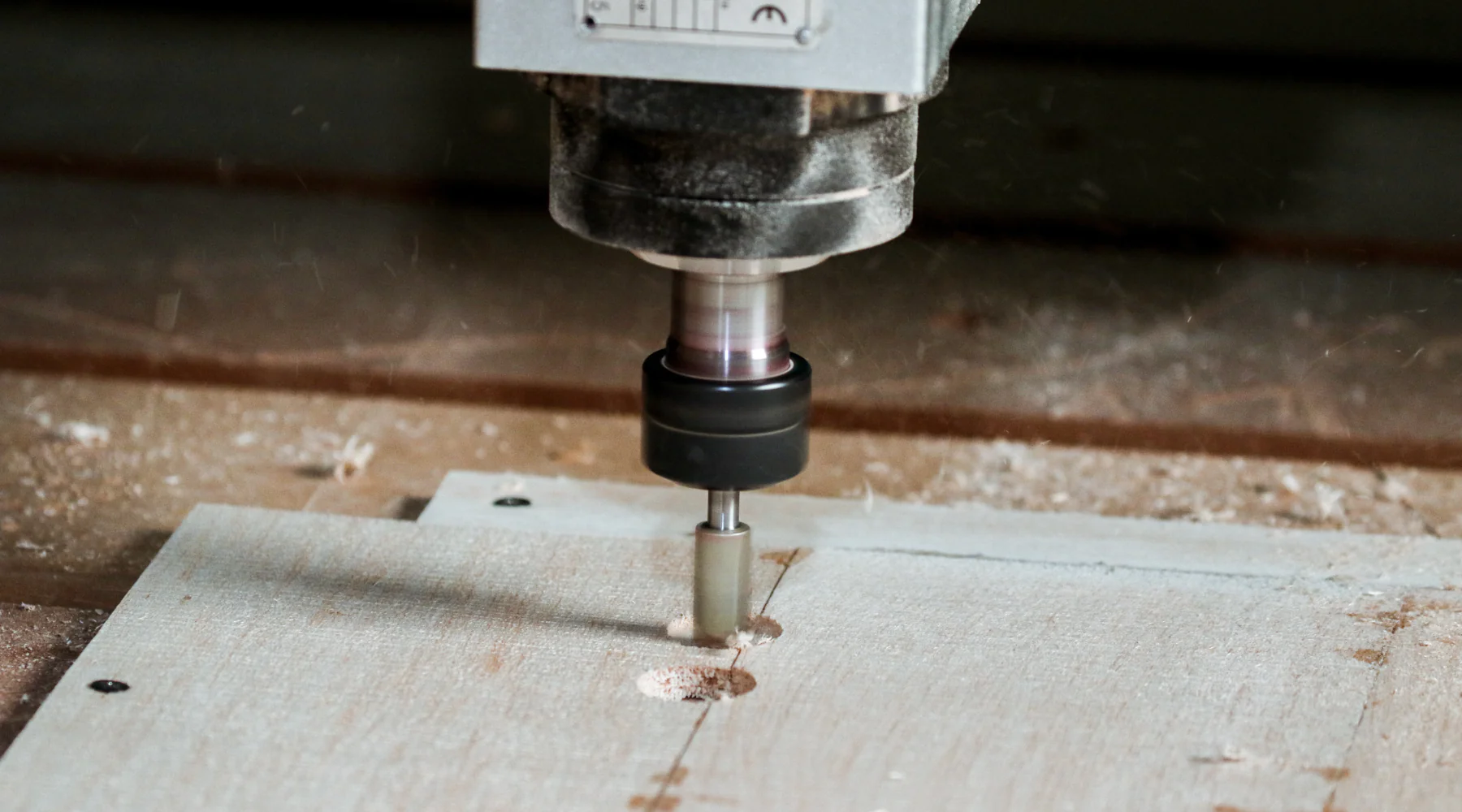
Milling is a crucial process in the manufacturing and production of various products, ranging from food and pharmaceuticals to construction materials and electronics. Understanding the intricacies of milling is essential for anyone involved in these industries, as it plays a pivotal role in shaping raw materials into the desired forms. In this article, we will delve into seven fascinating facts about milling, shedding light on its significance and the technologies that drive this essential process. Whether you are a professional in the field or simply curious about the world of manufacturing, these insights will provide a deeper understanding of the art and science behind milling. Let's embark on a journey to uncover the intriguing facets of this fundamental industrial process.
Key Takeaways:
- Milling is a versatile machining process that can shape and manipulate various materials with ease, from metals to plastics. It plays a vital role in creating prototypes and mass-producing high-quality components for diverse applications.
- With advanced technology, milling machines can achieve precision and accuracy, creating intricate and highly detailed parts with tight tolerances. This enhances efficiency and productivity in manufacturing, driving progress and innovation in the realm of machining.
Milling is a Versatile Machining Process
Milling is a versatile machining process that involves the use of rotary cutters to remove material from a workpiece. This process is widely utilized in various industries, including automotive, aerospace, and manufacturing. The milling machine can perform a wide range of operations, from simple cutting and drilling to complex tasks such as contouring and 3D surface machining.
Milling Machines Come in Various Types
Milling machines come in various types, each designed for specific applications. Some common types include vertical milling machines, horizontal milling machines, and CNC milling machines. Each type offers unique capabilities and advantages, catering to diverse machining requirements.
Milling Enables Precision and Accuracy
One of the key advantages of milling is its ability to achieve precision and accuracy in the production of components. With advanced CNC technology and computer-aided design (CAD) software, milling machines can create intricate and highly detailed parts with tight tolerances, meeting the exact specifications of the design.
Milling Supports a Wide Range of Materials
Milling is compatible with a wide range of materials, including metals, plastics, and composites. This versatility makes it a preferred choice for manufacturing components across different industries. Whether it's aluminum, steel, or titanium, milling can effectively shape and manipulate various materials with ease.
Milling Plays a Vital Role in Prototyping and Production
The milling process plays a vital role in prototyping and production, allowing manufacturers to create prototypes and mass-produce parts with efficiency and consistency. From rapid prototyping to large-scale manufacturing, milling facilitates the seamless production of high-quality components for diverse applications.
Milling Enhances Efficiency and Productivity
By leveraging advanced cutting tools and machining techniques, milling enhances efficiency and productivity in the manufacturing process. The ability to perform multiple operations in a single setup, coupled with high-speed machining capabilities, enables manufacturers to optimize production workflows and meet demanding production schedules.
Milling Continues to Evolve with Technological Advancements
The field of milling continues to evolve with technological advancements, leading to the development of innovative milling techniques and equipment. From high-speed machining to 5-axis milling, the industry is constantly pushing the boundaries of what is achievable, driving progress and innovation in the realm of machining.
Milling is a fundamental process that underpins modern manufacturing, offering precision, versatility, and efficiency in the production of a wide array of components. As technology continues to advance, the capabilities of milling machines are poised to expand even further, shaping the future of manufacturing and engineering.
Conclusion
In conclusion, milling is a crucial process that plays a significant role in various industries, from agriculture to manufacturing. Understanding the fundamentals of milling, including its history, techniques, and applications, provides valuable insights into the intricate world of material processing. By delving into the seven fascinating facts about milling, we gain a deeper appreciation for this essential practice and its impact on our daily lives. As technology continues to advance, the art and science of milling will undoubtedly evolve, driving innovation and efficiency across diverse sectors.
FAQs
What are the different types of milling machines?
Milling machines come in various types, including vertical, horizontal, and universal models. Each type is designed for specific applications and offers unique advantages in terms of precision and versatility.
How does milling differ from other machining processes?
Milling involves removing material from a workpiece using rotary cutters, distinguishing it from other machining methods such as turning, drilling, and grinding. This process enables the creation of complex shapes and features with high precision and repeatability.
Milling continues to shape our world, from the food we eat to the products we use daily. Speaking of food, have you ever wondered about the nutritional value of yogurt from a specific mill in Modesto? Or perhaps you're curious about the natural wonders surrounding Mille Lacs Lake and its rich history. If you're a home cook or professional chef, you might be interested in exploring the best food mills available to elevate your culinary creations. Each of these topics offers a unique perspective on the fascinating world of milling and its impact on our lives.
Was this page helpful?
Our commitment to delivering trustworthy and engaging content is at the heart of what we do. Each fact on our site is contributed by real users like you, bringing a wealth of diverse insights and information. To ensure the highest standards of accuracy and reliability, our dedicated editors meticulously review each submission. This process guarantees that the facts we share are not only fascinating but also credible. Trust in our commitment to quality and authenticity as you explore and learn with us.
